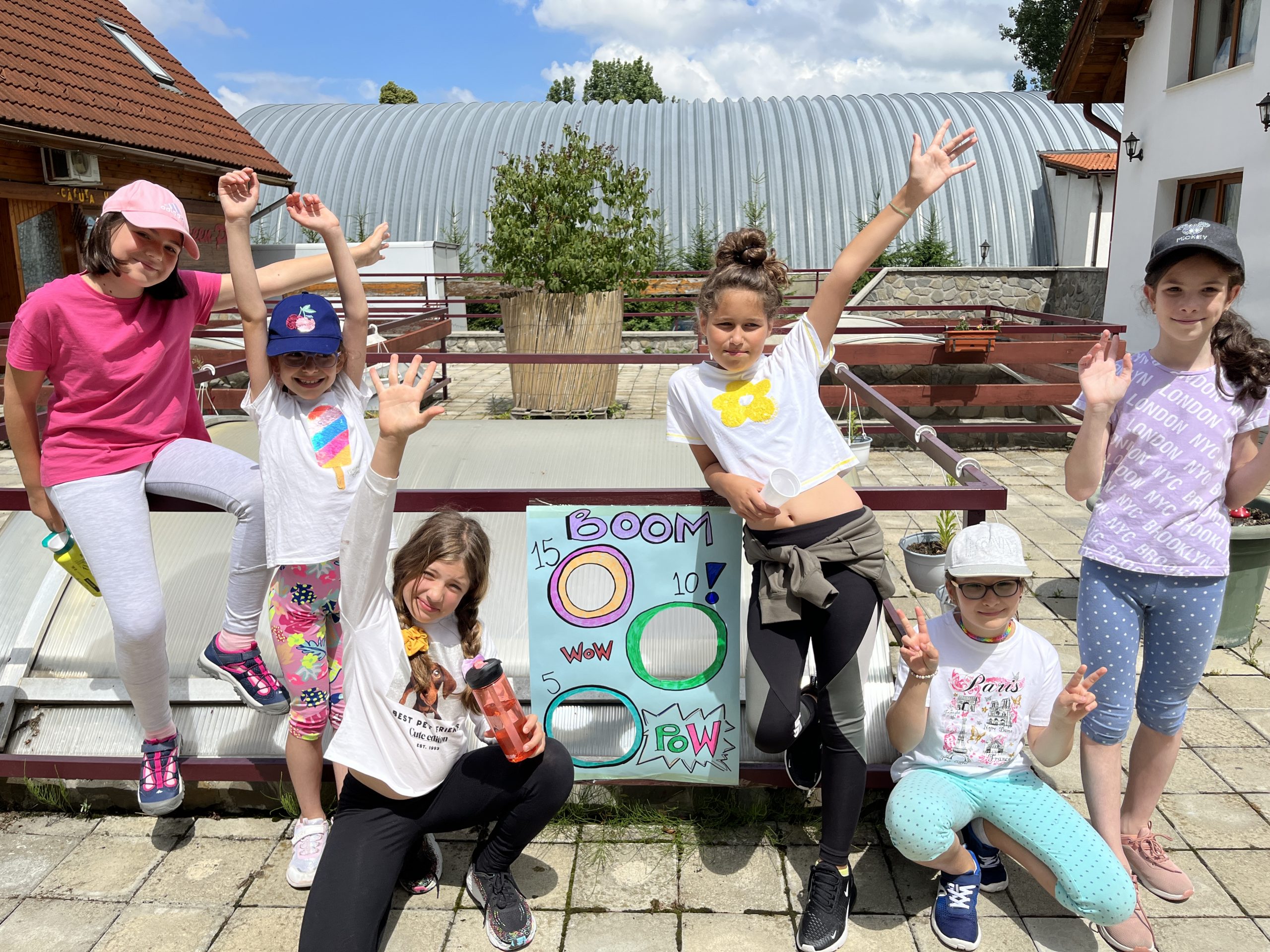
Wise decisions, valuable experiences, positive perspectives
Good judgment and decision-making skills develop at the boundary between the experiences we go through and the interpretations we give to those experiences; the lessons we take for the future, the ideas and "aha" moments we integrate so that next time our choices will be even more balanced. Good judgment skills are essential for harmonious development, and they must be formed and trained from an early age. Our goal as parents, tutors, mentors, and responsible adults is to provide children with the contexts necessary to practice their decision-making skills, and also to ensure that they have the opportunity to reflect on those decisions and to learn from them.
Decision-making involves analyzing and evaluating life situations, the ability to think critically about past experiences and possible future outcomes. Child psychology research demonstrates that when children are taught good judgment skills at an appropriate age, they not only develop a problem-solving focus, but also have the ability to think logically and react rationally to different obstacles.
If the little ones have the opportunity to choose what clothes to wear, being guided by discussions about the weather, seasons and appropriate outfits for certain activities; from deciding what movie to see or what snack they want and why, they begin to practice decision-making at home in a safe and open space. It is valuable for children to make a choice and understand that it is followed by consequences, whether they are friendlier or not.
When children are faced with a situation and have to make a decision, it is important to guide them to make thoughtful judgments about what is happening, to think about the immediate consequences, and to find the resources they need to make the decision. be as good as possible. From an early age, to make sure they learn how to make good judgment, we can encourage little ones to do the following:
- Brainstorming solutions: Brainstorming is an important step in the decision-making process because often children think there are only one or two solutions to a problem, but with a little time and encouragement, they can usually come up with a long list of creative ideas.
- Consider the consequences: If little ones imagine the implementation of each identified solution, they can project when a decision will bring about the desired results. For this stage, the children, depending on their age, will need more or less support from us. It is valuable to advise them, but not to make decisions for them.
- Make a list of pros and cons: Once we have a list of options, we can encourage little ones to identify the potential pros and cons of each. Writing the arguments will help your child see which option might be the best choice and help them base their decision on logic and not just emotions.
Starting to cultivate autonomy in children is not something that happens overnight, however, specialists outline several directions that we can follow to ensure that the little ones learn to make balanced decisions:
Practice, practice, practice
Children need practice and repetition to acquire a behavior. Therefore, it is important that parents, teachers, and counselors give children some control and countless opportunities to make choices. For example, for young children to choose their own clothes or to choose whether they want to color or shape for the next activity, and for older children it is valuable to guide them to create their own after school homework schedule, household chores and extracurricular activities.
We reflect and look beyond the situation
Choice is not enough to create good judgment – the process of assessing the subsequent consequences is essential. After making a decision, the child needs to think about what worked and what didn't in order to learn from the experience. If the child showed good judgement, and the results were the desired, we can ask him what went well, what exactly he took into account, so that he can repeat the process in the future. When he makes a mistake, it's valuable to understand that it's normal for it to happen, and it's important to think about what he could do differently next time.
Mistakes happen
It is inevitable that we sometimes make mistakes. However, it is very important to look at mistakes as learning opportunities and approach them with a flexible mindset. Mistakes don't define us, on the contrary, with the right approach, they help shape who we are and learn to act differently.
Children need good judgment to successfully navigate the sea of information in their academic lives, as well as the social and emotional choices and decisions they will inevitably face. For all this, they need to train their decision-making skills and monitoring comprehension and interpretation. As parents and teachers, when we guide our children and give them opportunities to think and process their judgments well, we help build their confidence and provide them with a path to higher achievement.
This will enable children to develop into responsible individuals and help them have a deeper perception of life. When we give them guidance, tools, opportunities and a safe place to make relevant and well-thought-out decisions, the support we provide will increase their confidence in making independent choices. These experiences will integrate enhanced judgment skills into children's developing brain circuits at a critical time when they are needed more than ever.
*Article written by Veronica Dunga, KEN Academy trainer.
Tag:experiences, decisions, BOYS
